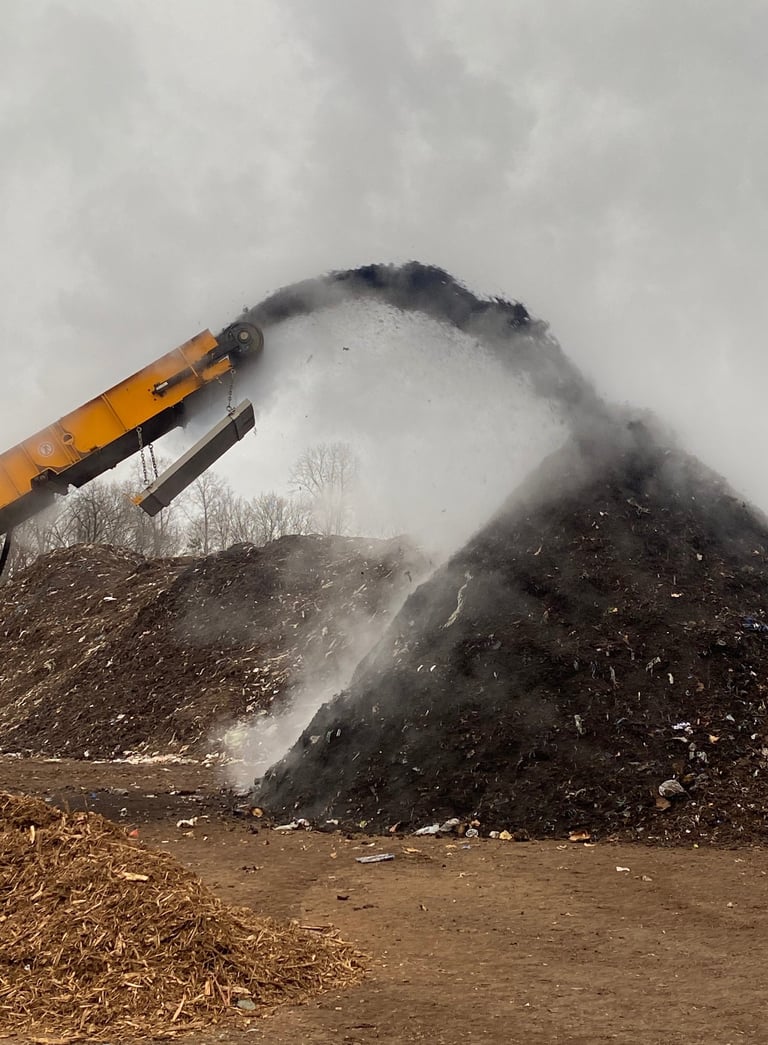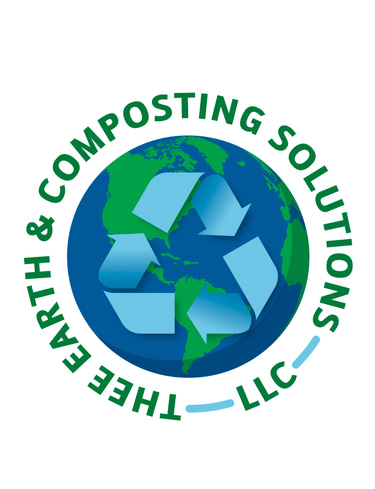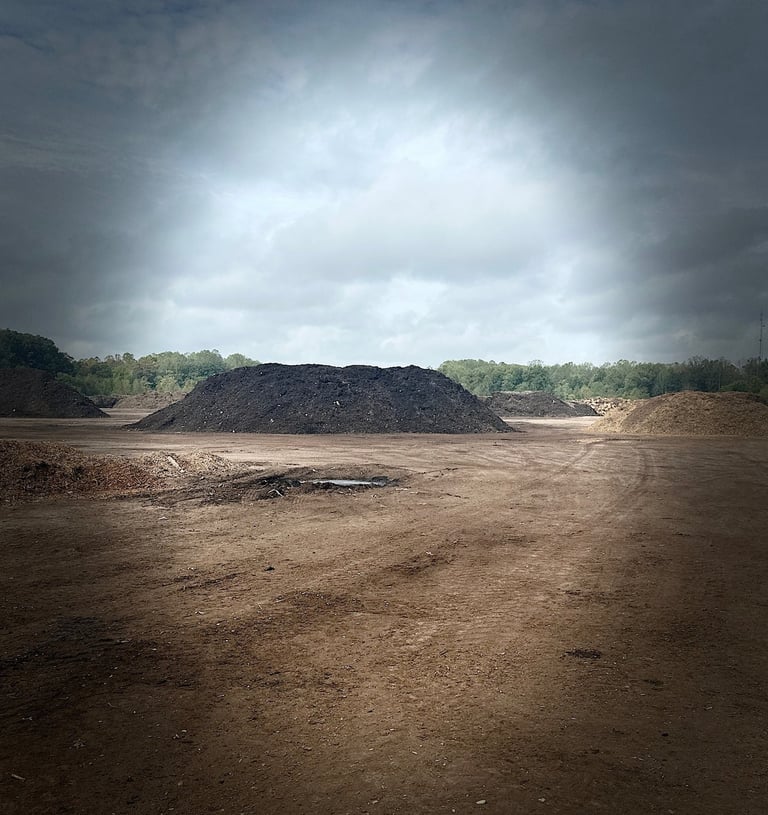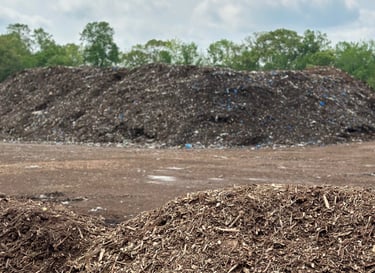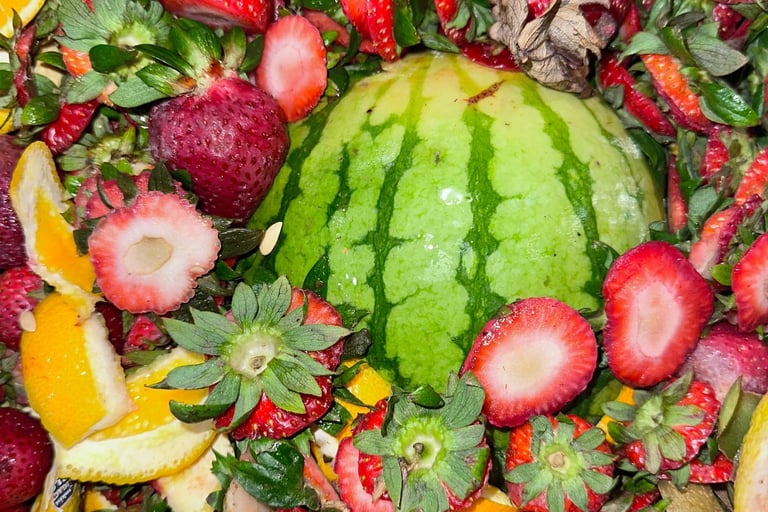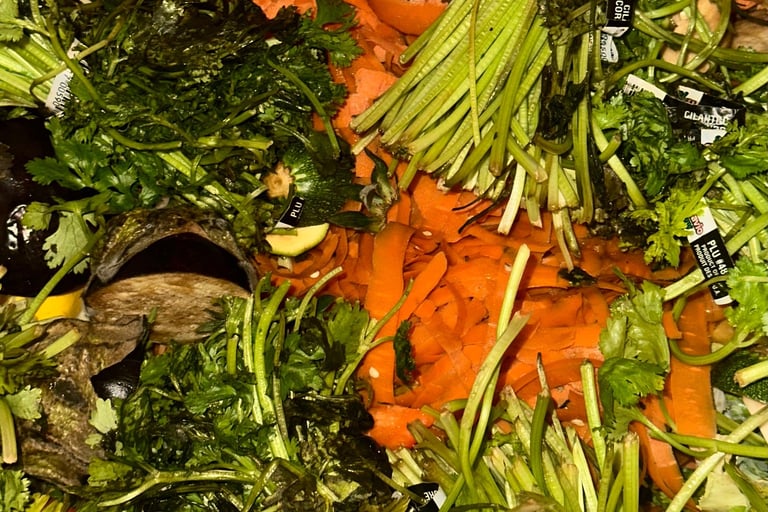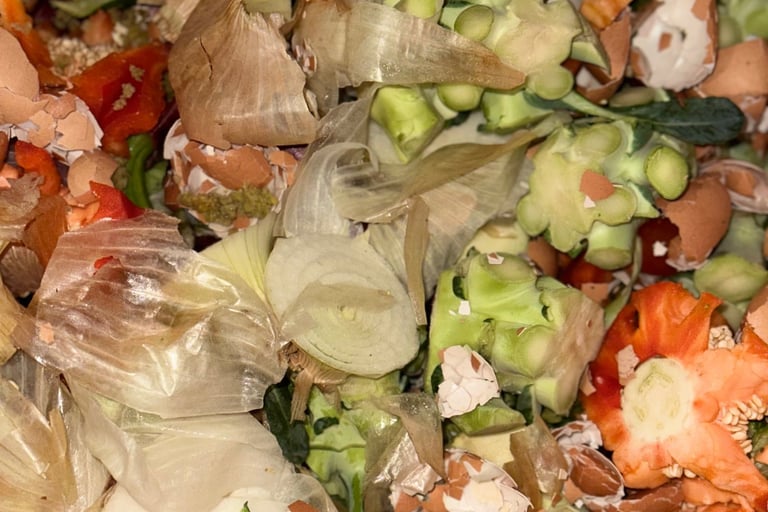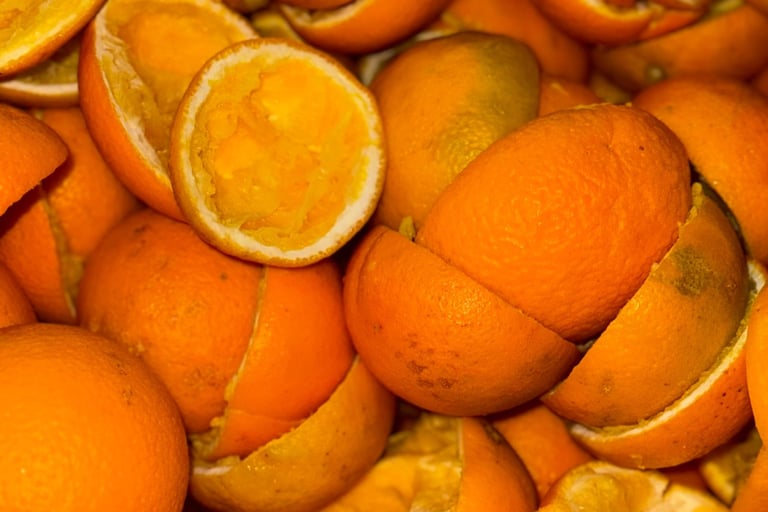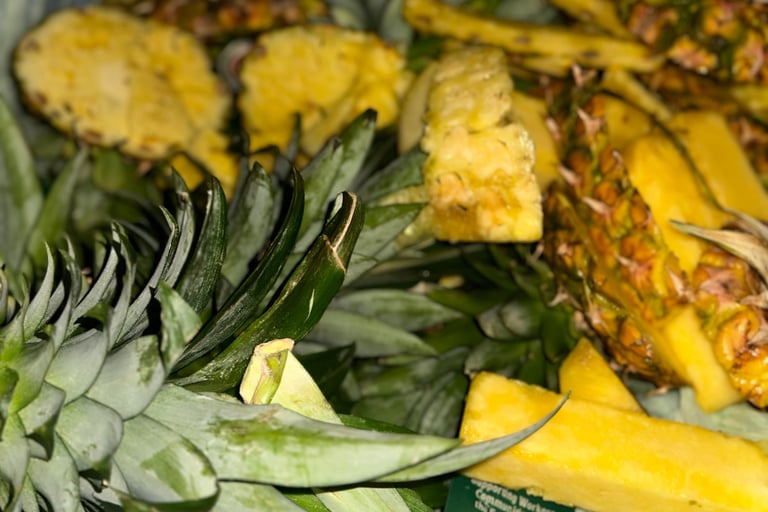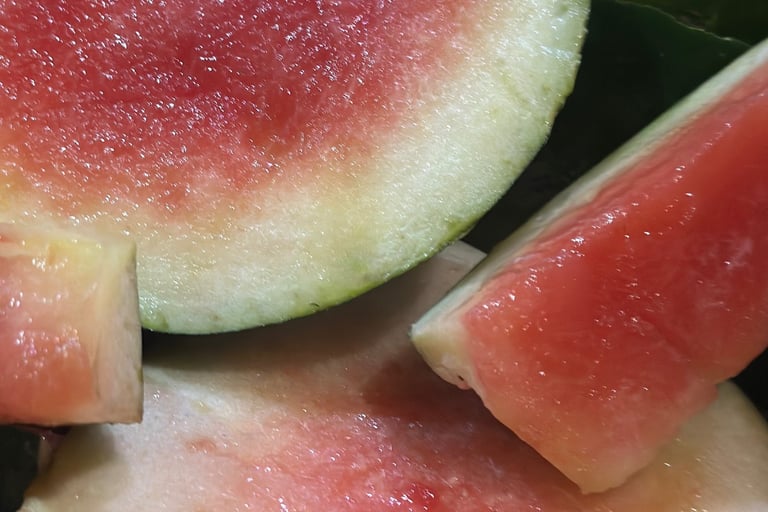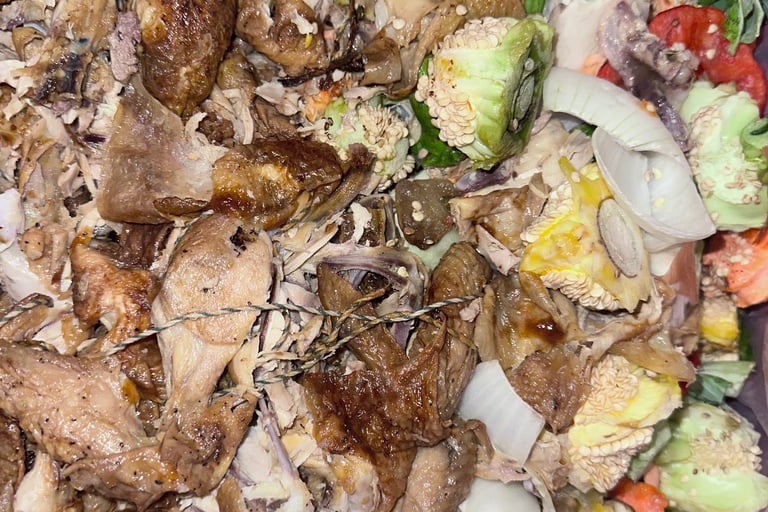Transforming food scraps and yard Waste into Fertile Soil
Creating a healthy environment for our ecosystem through the process of composting in Thee Earth.
Zero waste Foundation
Composting is a natural and sustainable process that transforms organic waste—such as kitchen scraps and yard trimmings—into a nutrient-rich material known as compost. This process serves as an effective method of recycling organic matter, returning valuable nutrients to the soil in a form that benefits plants and the environment.
Composting can be done on a small scale by individuals at home or on a larger scale through commercial and municipal operations. The process relies on the activity of microorganisms, including bacteria, fungi, and other decomposers, which break down organic materials as a food source. During decomposition, these microorganisms generate heat and release carbon dioxide, water vapor, and other natural byproducts.
Successful composting requires a proper balance of “green” and “brown” materials. Green materials, which are high in nitrogen, include fruit and vegetable scraps, coffee grounds, and grass clippings. Brown materials, which provide carbon, include dried leaves, straw, and wood chips. A healthy compost system also needs adequate moisture and airflow to support microbial activity and efficient decomposition.
The benefits of composting are numerous. It significantly reduces the amount of organic waste sent to landfills, thereby minimizing environmental impacts associated with waste disposal. In addition, compost creates a nutrient-rich soil amendment that improves soil fertility, structure, and water retention. Whether used in gardens, lawns, or potted plants, compost provides essential nutrients that promote healthy plant growth.
Our Services
We collect food scraps, yard waste, and organic material to create nutrient-rich soil.
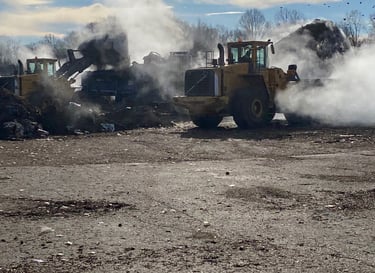

Food Scrap Collection
Yard Waste Collection
We offer convenient pickup services for both residential and commercial customers.
About Us
At Thee Earth & Composting Solutions, we are passionate about reducing waste and promoting sustainable practices. Join us in creating a greener future.
